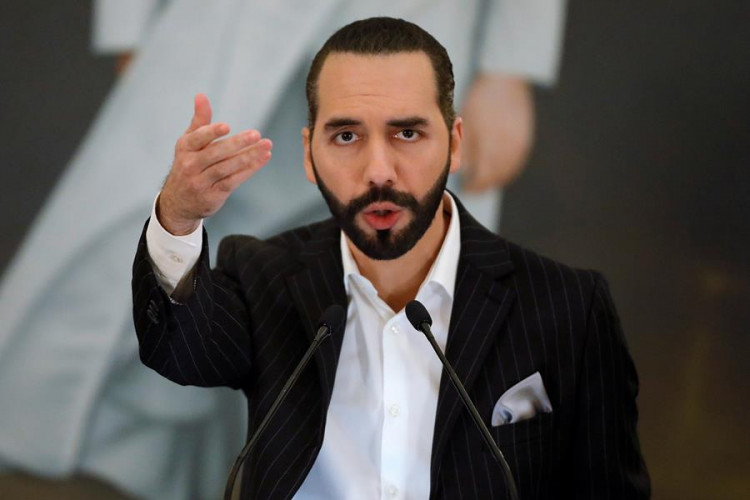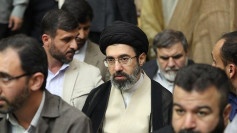In reaction to a spike in murders this week, Salvadoran President Nayib Bukele deployed the military to police streets around the country on Thursday.
The deployment of the country's armed forces of comes after more than 30 homicides in the poor Central American nation of 6.5 million people on Tuesday and Wednesday.
Under Bukele, who took office in 2019, the average daily homicide rate had reduced to less than two per day.
"Our national police and armed forces have been deployed to curb the surge in homicides registered over the last 48 hours," Bukele said on Facebook, with videos of soldiers patrolling the streets.
The number of soldiers deployed and the duration of the operation were unknown. Bukele said that "evil powers" were at work, but did not elaborate.
According to a government source, the majority of the troops will be stationed in San Salvador's densely populated districts. Since the end of the country's civil war in 1992, street gangs have terrorized the country.
The presence of soldiers on the streets would irritate Bukele's detractors, who accuse him of increasing authoritarianism.
In recent weeks, Bukele, 40, declared himself "dictator" in his Twitter bio, an apparent joke that did little to calm opposition anxieties.
Last year, Bukele was widely chastised for invading Congress with military and police forces, which many considered as a form of intimidation. Bukele has also stated that the military will be increased from 20,000 to 40,000 personnel in the next years.
The number of killings have declined dramatically under Bukele's leadership, and last year, the newspaper El Faro reported that government authorities had negotiated with gang members to curb violence in exchange for better jail conditions.
The report was dubbed a "farce" by Bukele, but the attorney general stated he would look into it.
Bukele's political rivals speculated on social media on Thursday that the rise in homicides could be an indication that the cease-fire is breaking down.
A request for response from the government was not immediately returned.
Tiziano Breda, an International Crisis Group analyst for Central America, said Bukele's force deployment is likely a political "stunt" that demonstrates the security arrangement's limits and instability.
"It suggests that the extraordinarily low levels of violence were not the product of good public security efforts, but rather of gangs' decision to scale back their violent demonstrations," Breda added.
The gangs, according to authorities, still have the potential to adjust or alter these violence trends if they so choose.






